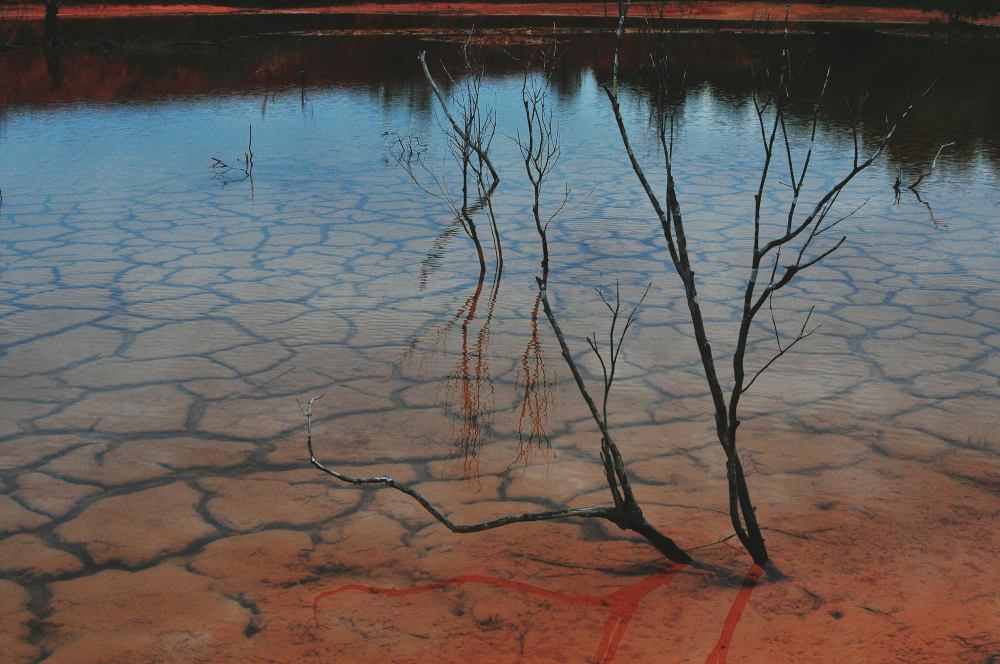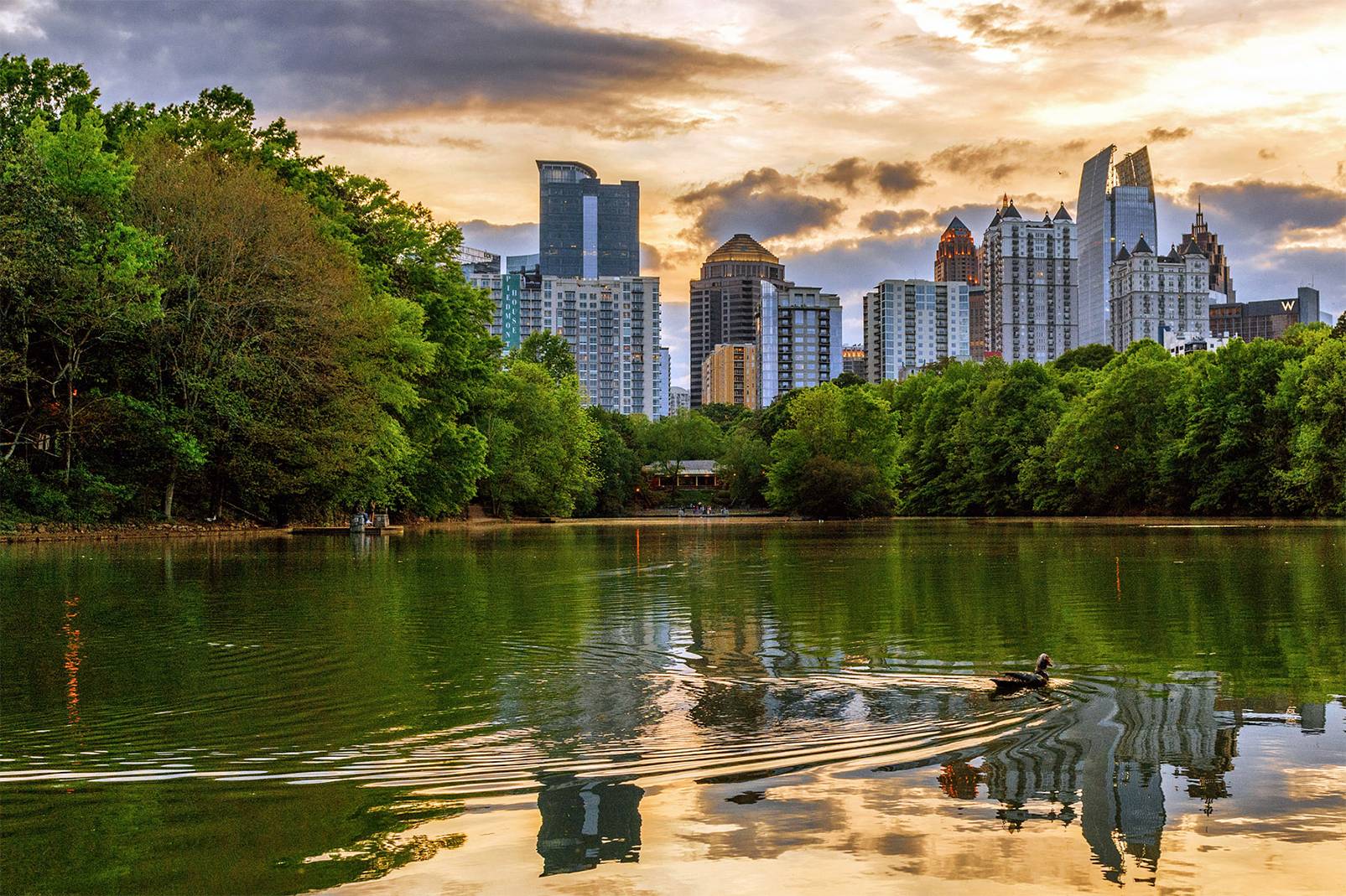
Ponds can be serene and picturesque bodies of water. They hold a special place in our environment. However, they are also susceptible to aging and degradation, which can manifest in various forms. Understanding the reasons behind pond drying is crucial for maintaining these valuable bodies of water.
In this article brought to you by Aquatic Restoration, we look at the factors that can contribute to drying ponds. We’ll also offer insights into restoration methods. If you’d prefer to leave the pond maintenance to professionals with over 35 years of experience, then call Aquatic Restoration. Our team is ready to take your call today.
Ponds, just like any natural water body, undergo changes over time. Natural factors such as evaporation, sedimentation, and fluctuating water tables can contribute to the gradual drying of a pond. While these processes are part of the natural cycle, human activities can exacerbate their effects.
Excessive nutrient runoff from fertilized lawns and agricultural fields can lead to eutrophication, where algae and aquatic plants proliferate. This often chokes the pond and reduces water levels. Moreover, inadequate erosion control measures and improper practices can result in sedimentation, further diminishing the pond's capacity.
Invasive weeds and harmful algal blooms pose significant threats to pond health. Invasive plants like water hyacinth and hydrilla can rapidly spread, outcompeting native species and obstructing water flow. Meanwhile, algal blooms fueled by nutrient pollution can deplete oxygen levels, leading to fish kills and exacerbating water loss through increased evaporation.

Pollution from runoff from nearby roads and urban areas can introduce toxins and contaminants into the pond, disrupting its delicate balance. Chemical pollutants not only pose direct threats to aquatic life but can also degrade water quality, making it less hospitable for plants and animals alike.
The first step in preventing pond drying is regular monitoring and maintenance. Timely identification of issues such as excessive sedimentation, invasive species infestations, and nutrient imbalances allow for prompt intervention and help eliminate potential damage to the ecosystem.
Successfully tackling these issues involves a multi-pronged approach. Implementing nutrient management strategies, like using less fertilizer and installing vegetative buffers, can help reduce nutrient runoff into the pond.
Further, proper erosion control measures are essential for preventing sedimentation and maintaining the integrity of the pond's banks. Addressing erosion not only helps retain water within the pond but also protects downstream habitats from sediment pollution.
Last but not least, our detention and retention pond maintenance services aim to preserve an ecological balance in the pond. We employ various methods such as mechanical removal, herbicidal treatments, and biological control measures to suppress invasive weed populations and restore native vegetation.
Aquatic is a reputable pond maintenance company with over 35 years of experience. We say this to assure you that we enjoy what we do, and we are happy to address any questions or concerns you may have. Stop by our location or give us a call to chat. We are also happy to arrange an on-site visit for as soon as possible.
There are many incredible benefits that come with restoring natural lake depth. Not only does it improve water quality…
When it comes to maintaining healthy water bodies, there are two primary methods that are often used: dredging and pond…
There’s peace of mind in knowing you have a reliable detention pond on your property. These man-made ponds temporarily hold…
Owning waterfront property is a dream come true for many people. Everything from the stunning views to a relaxing lifestyle…
Algae and contaminants are hands down among the most common and frustrating problems that pond owners face today. Excessive algae…